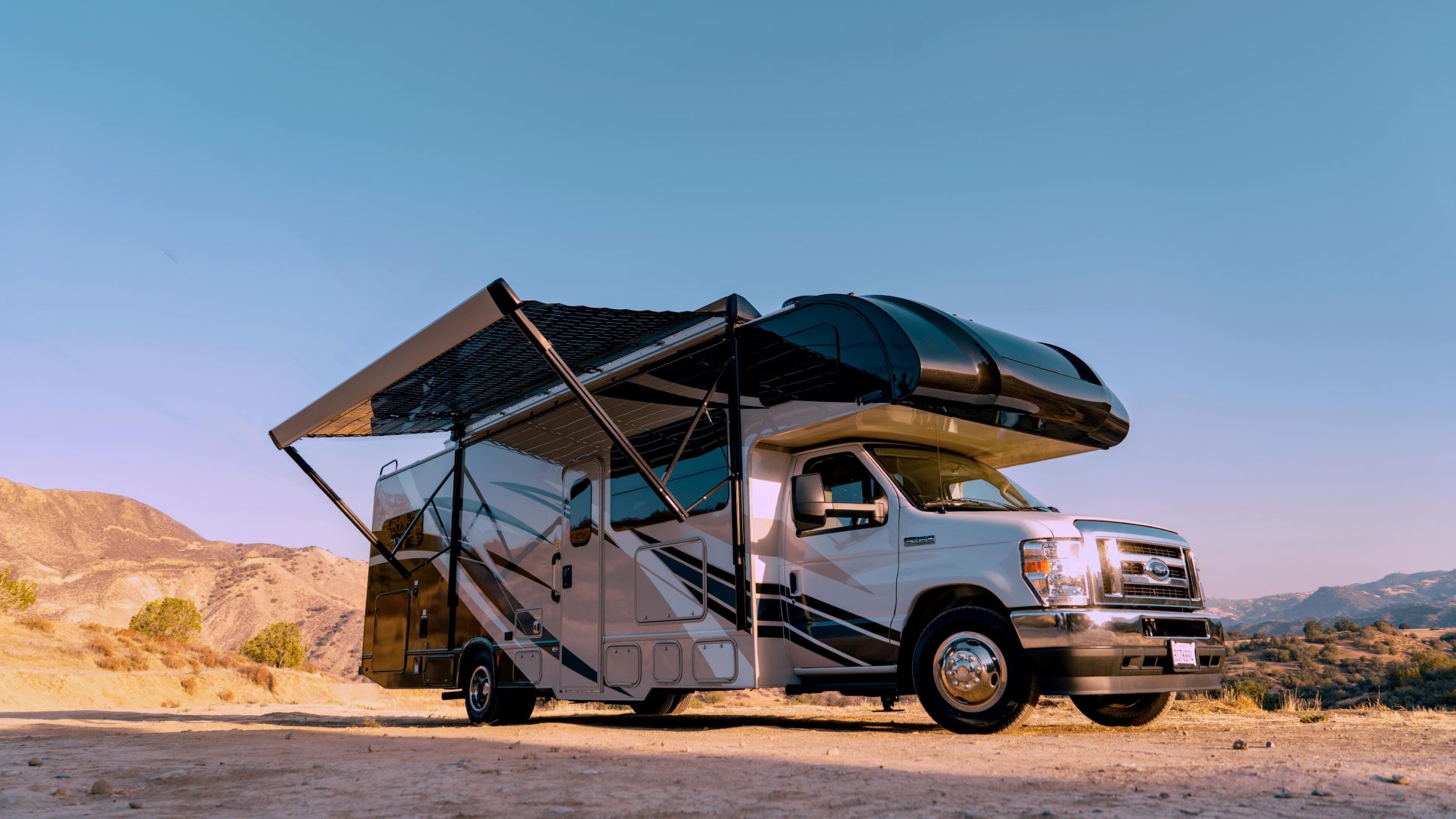October 12, 2022
Last year, California’s Air Resources Board (CARB) approved a regulation that will require most new small off-road engines (SORE) used in leaf blowers, lawn mowers, etc. to be zero emission starting in 2024. Portable generators, such as those used in recreational vehicles, are subject to even more stringent standards in 2024 and must meet zero-emission standards starting in 2028.
A large subset of the 11 million in the RV community boondock or dry camp; terms used for camping in the wilderness away from any electrical or water hookups. GIven that boondocking is dispersed and off-the-grid, RV owners use gas powered generators to power their RV and associated appliances. The ban of gas-powered generators poses a clear and substantial problem for these boondockers.
The California legislature points to battery powered generators as an alternative to these gas powered engines (SOREs). Proponents of the bill have argued that campers can use these no-emission generators, essentially large power banks instead of gas powered engines. However, many campers say that those generators do not produce enough power and do not last as long as the traditional engines, particularly for those looking to boondock for extended periods of time. In a recent article discussing the new law, many users wrote that battery powered generators are unsuitable for the kinds of appliances that are typically used in boondocking, something backed up by the site ToGo RV, which notes that battery powered generators cannot be used for powering heavy appliances.
While this ban on gas and diesel powered gensets makes boondocking experience difficult, solar power is an excellent alternative energy source that offers multiple benefits and is already a preferred choice for many boondockers. Solar power is a renewable energy source that produces zero carbon emissions and hence meets the goals of the latest CARB legislation. In addition, using solar addresses complaints about generator noise as it is a quiet and clean source of energy. Many RVers already have integrated solar power on to their RVs through the use of rooftop solar panels, and there continues to be a strong interest among RV users to add even more solar capacity in addition to roof top solar to meet their growing energy needs. There’s only so much traditional solar that can be installed on an RV roof, which then creates a need for innovative solar solutions to meet growing energy needs given the backdrop of the new CARB regulations.
https://togorv.com/rv-living/how-to-boondock/
https://www.solarreviews.com/blog/rv-solar-panels-buyers-guide
Categories: Featured
